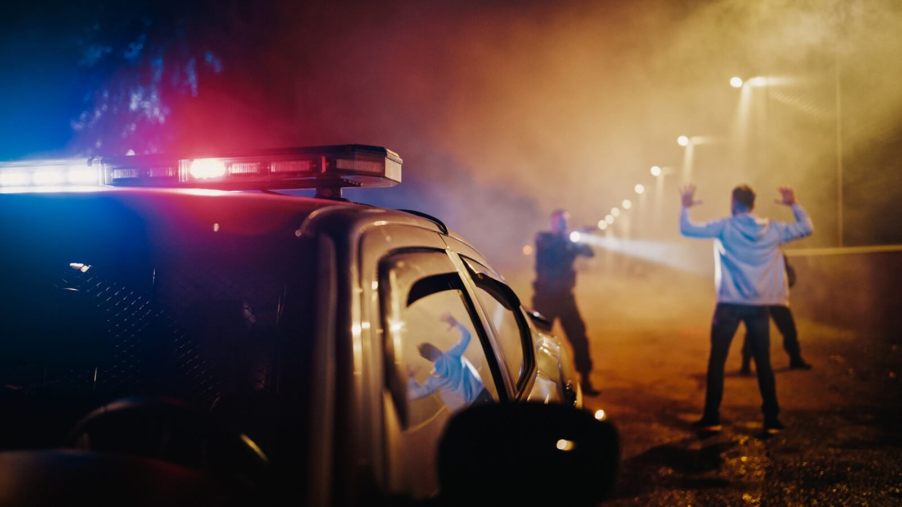
3 things you can do to protect yourself when the police pull you over
It happens. Police officers pull over motorists every day for moving violations. However, in today’s landscape, a traffic stop can go from irritating to hostile pretty quickly. That said, there are a few things you can do to take some of the conflict out of a roadside interaction with the police.
Should the police pull you over, you can do a few things to protect yourself and make the stop as straightforward as possible
Uh-oh. It’s the dreaded “berries and cherries” in your rearview mirror as a police officer prompts you to pull out of traffic. Don’t freak out. Take a deep breath and remember these three things to better protect yourself during a stop.
- Signal and stop in a safe and timely manner
- Be respectful, keep your hands in view, avoid making sudden movements
- Don’t refuse a lawful request from a police officer even if you know you’re in the right
Granted, there are institutional and personal elements that can turn a would-be simple stop into a newsworthy altercation. However, every driver should remember that running is the quickest way to end up on the news and in handcuffs. If a police officer chooses to pull you over, signal and pull over as safely and quickly as possible.
The American Civil Liberties Union (ACLU) recommends turning on the interior light and keeping your hands in view for the law enforcement officer (LEO). What’s more, police officers have a stressful job; making sudden movements may result in a potentially dangerous escalation.
Even if you believe that police officers are making a mistake pulling you over, don’t refuse lawful requests. For instance, refusing a breathalyzer test will likely result in your arrest. Moreover, refusing to sign a citation or produce documentation may also result in your arrest.
Remember, you can contest your ticket for moving violations like speeding. If you have a dash cam, ensure that it’s one and recording. Your recording could constitute evidence should you choose to contest a ticket.



